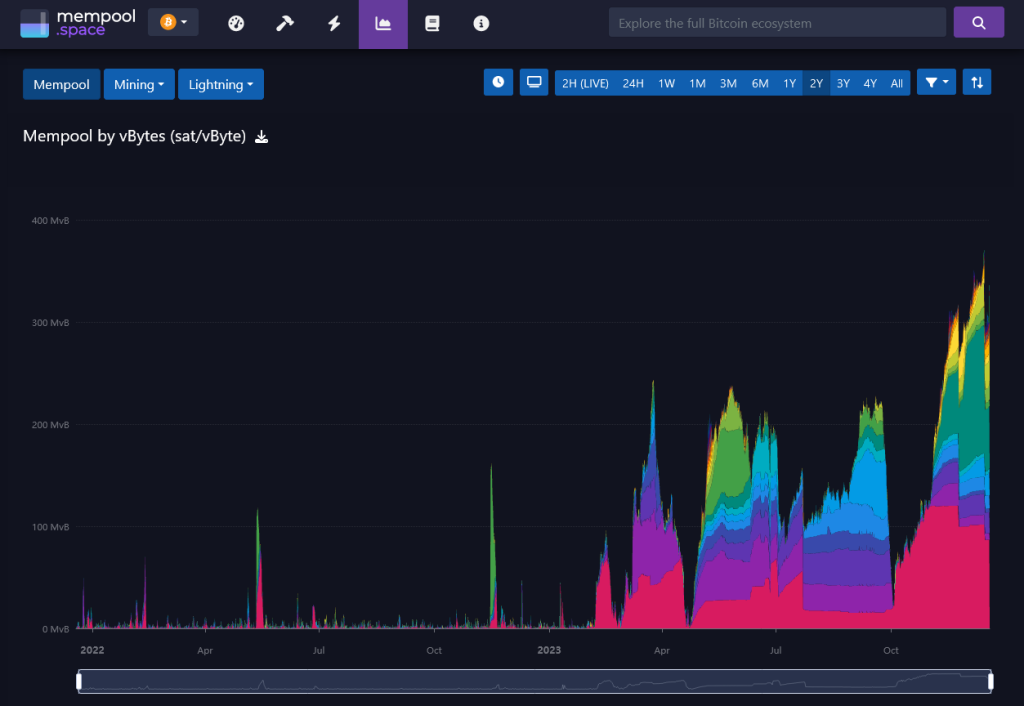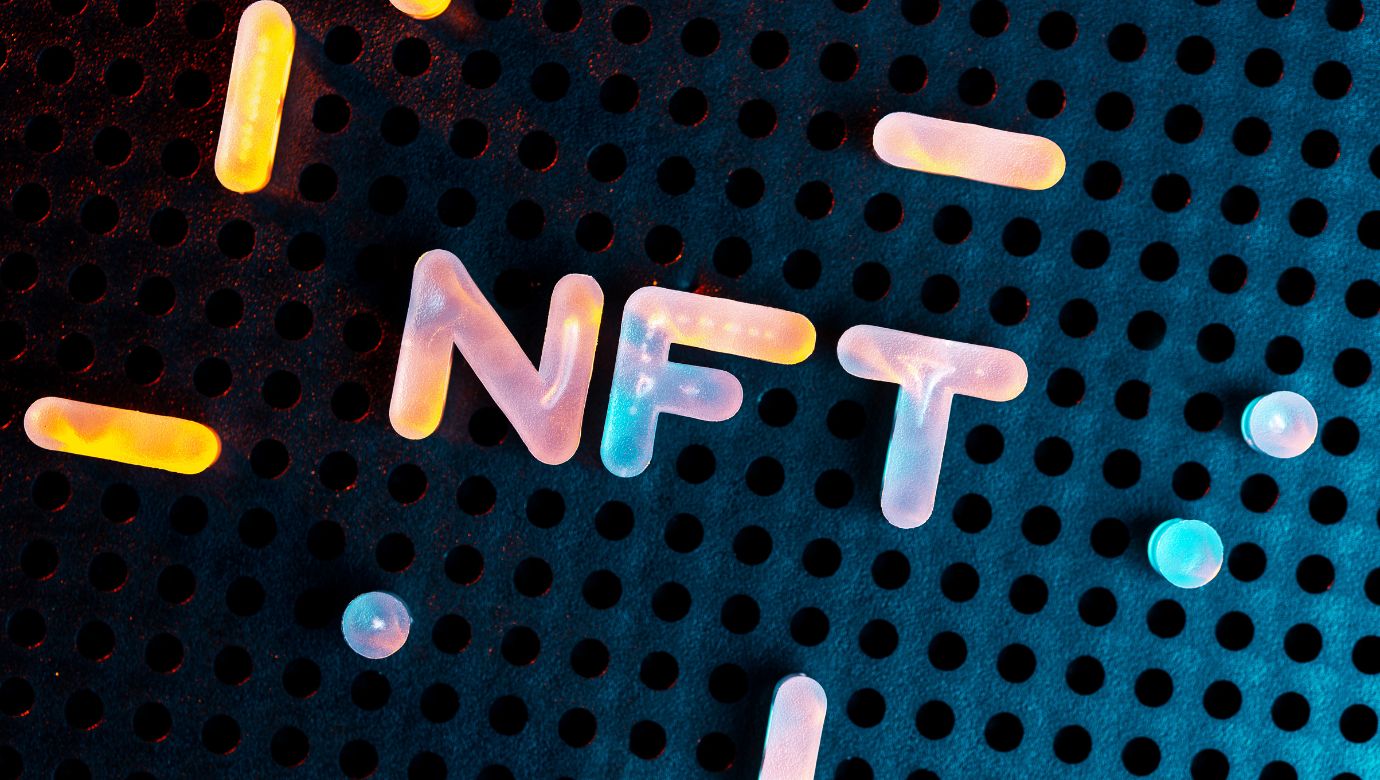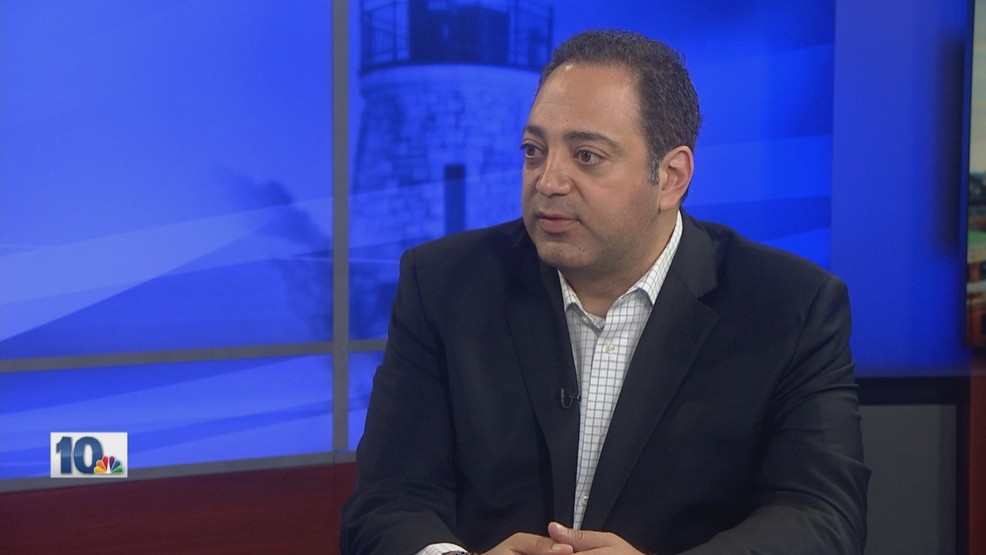Adam Back, CEO of Blockstream, a blockchain firm developing the Lightning Network, a layer-2 solution for Bitcoin, believes that prohibiting non-fungible tokens on Bitcoin would be futile. Taking to X on Dec. 17, the CEO said those complaining “can’t stop JPEGs” on the world’s most valuable network, adding that those who try to stop them “will only do it in worse ways.”
“JPEGs” Is Good: Will Force Innovation And Adoption Of Layer-2s
Central to Back’s arguments lies the recently rising cost of transacting on the mainnet. Though the most valuable, Bitcoin has remained unchanged, especially on throughput, for the last 15 years. Under light loads, Bitcoin can only process seven transactions every second (TPS), a concern considering its role in the sphere.
Despite this flaw, Back argues that “JPEGs” on Bitcoin, though claimed to be spamming the network and driving fees higher, would likely drive innovation, leading to the adoption of layer-2 solutions, like the Lightning Network Blockstream, which is currently developing.
More transactions can be moved and processed efficiently through off-chain layer-2 solutions like the Lightning Network. Accordingly, the proliferation of Ordinals, JPEGs, and other BRC-20 tokens deployed on Bitcoin would, in the view of the CEO, force users to find workarounds, potentially exacerbating the network congestion issue.
With Bitcoin prices rising and the crypto community expecting more gains in the months ahead before and after the halving event scheduled for April, the mainnet could see more demand. Subsequently, given the network’s scaling limitations and the proliferation of BRC-20 tokens like ORDI, transaction fees may rise to record highs.
Looking at Bitcoin mempool data, the network has been overloaded for the better part of the year, with activity surging following the deployment of the first Ordinals. Rising in tandem with mempool strain have been fees generated from BRC-20 tokens, as seen from Dune Analytics data.

Ending BRC-20 Tokens And Inscriptions On Bitcoin?
In early December, Bitcoin Core developer Luke Dashjr said the network should eliminate the ability to mint BRC-20 tokens and Bitcoin Ordinals. Ordinals and all BRC-20 tokens permit users to store files such as JPEGs, audio, and other formats on Bitcoin’s smallest unit, satoshi.
Dashjr argues that “Inscriptions” is a loophole being exploited to spam the network, causing congestion and increasing transaction fees. The developer believes fixing this “vulnerability” would help restore the network’s stability and efficiency.
However, Dashjr’s proposal has faced criticism from some members of the community, who argue that it is unnecessary and could further centralize the network. They believe miners responsible for confirming the same batch of transactions, including inscriptions, are unlikely to support these changes, considering rising transaction fees that secure their bottom lines.
Feature image from Canva, chart from TradingView











